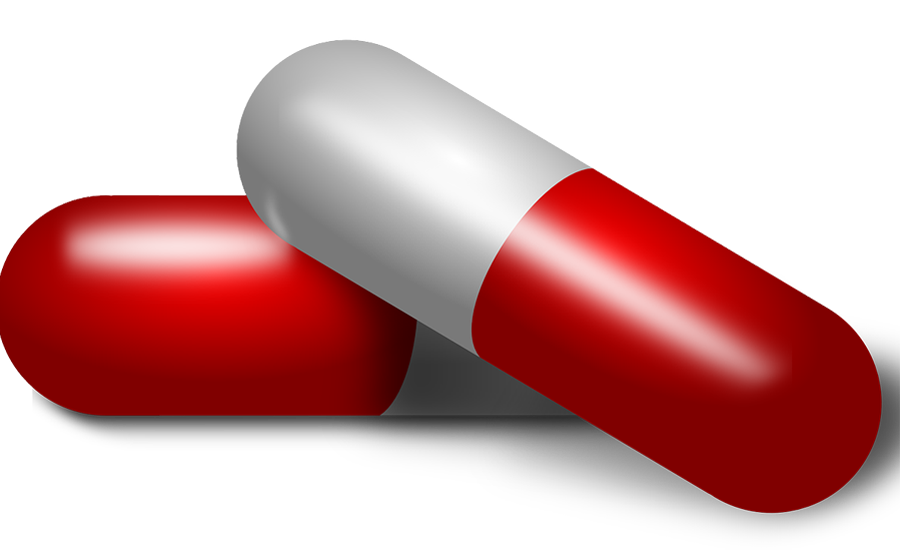Not all supplements are heart healthy

If you want to reduce your risk of having a heart attack, skip the supplements and cut down on salt instead. That’s the conclusion of a study published in Annals of Internal Medicine, which also found that one supplement might actually increase your risk for having a stroke.
The goal of Effects of Nutritional Supplements and Dietary Interventions on Cardiovascular Outcomes: An Umbrella Review and Evidence Map was to explore the potential for nutritional supplements and dietary interventions to prevent “cardiovascular outcomes,” such as death, myocardial infarction, stroke, and coronary heart disease.
Researchers reviewed data from 277 trials and 24 interventions that involved nearly a million participants.
Key findings
The researchers found that the following had positive effects:
- omega-3 long-chain polyunsaturated fatty acid (LC-PUFA) was associated with reduced risk for myocardial infarction
- Folic acid was associated with lower risk for stroke
- Decreasing salt intake decreased the risk for mortality from all causes
On the negative side:
- Calcium plus vitamin D increased the risk for stroke
- Other nutritional supplements, such as vitamin B6, vitamin A, multivitamins, antioxidants, and iron and dietary interventions, such as reduced fat intake, had no significant effect on mortality or cardiovascular disease outcomes (very low– to moderate-certainty evidence).
The study comes amid a boom in nutritional supplement use by Americans. Statista reports that revenue from vitamin and nutritional supplement products reached nearly 31 billion dollars in the U.S. last year.
Study authors: Safi U. Khan, MD; Muhammad U. Khan, MD; Haris Riaz, MD; Shahul Valavoor, MD; Di Zhao, PhD; Lauren Vaughan, MD; Victor Okunrintemi, MD, MPH; Irbaz Bin Riaz, MD, MS; Muhammad Shahzeb Khan, MD; Edo Kaluski, MD; M. Hassan Murad, MD; Michael J. Blaha, MD, MPH; Eliseo Guallar, MD, DrPH; Erin D. Michos, MD, MHS
Looking for a reprint of this article?
From high-res PDFs to custom plaques, order your copy today!





